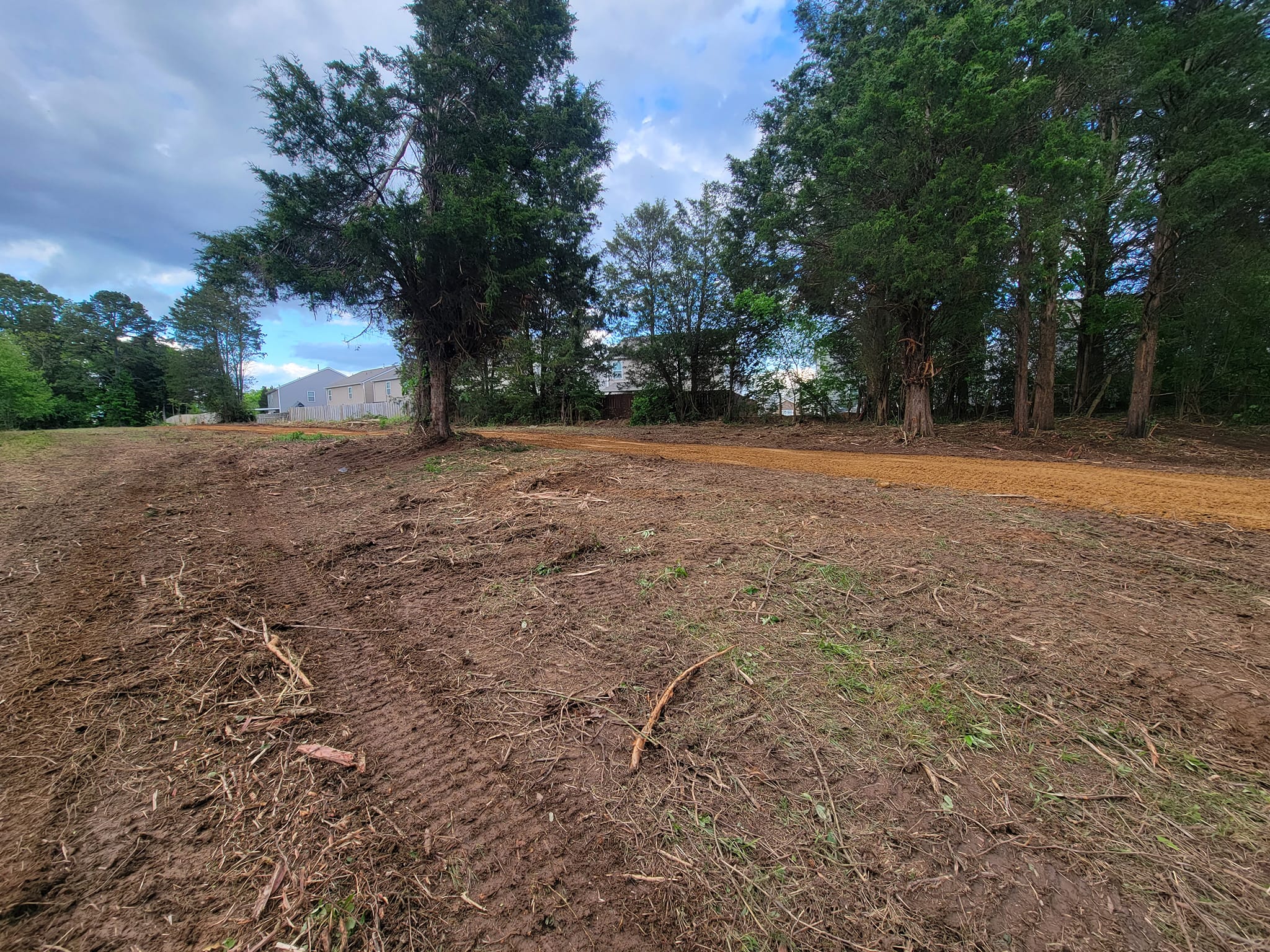
Digging Smart: The Role of Strategic Excavation in Successful Infrastructure Projects Oct 12, 2025
The process of excavation involves more than just moving earth. It's a meticulous process that requires careful planning and technical expertise to ensure that the groundwork supports the entire structure. Strategic excavation involves evaluating the soil, assessing potential hazards, and choosing the best techniques and equipment. This careful planning reduces risks such as soil erosion, waterlogging, or even project delays, setting a solid foundation for construction.
One of the primary benefits of strategic excavation is its role in minimizing environmental impact. Properly managed excavation techniques prevent unnecessary land disruption and uphold eco-friendly practices. Carter's Grading Services prides itself on leveraging sustainable digging methods that align with environmental preservation goals. By utilizing advanced machinery and expertise, they reduce the carbon footprint and minimize habitat disruption while ensuring that the site is ready for the next phase of construction.
Furthermore, safety is paramount in any excavation endeavor. Construction sites can pose severe risks to workers and the environment without proper safety protocols. Strategic excavation prioritizes identifying and mitigating these risks before they become major concerns. Implementing safety measures such as trench shoring, regular site inspections, and proper training for workers helps prevent accidents and ensures compliance with safety regulations.
Another key aspect of strategic excavation is cost efficiency. Infrastructure projects are often constrained by tight budgets and timelines, making it crucial to avoid unnecessary expenses. By employing precise excavation methods and utilizing the right equipment, companies like Carter's Grading Services can enhance cost efficiency. Efficient excavation reduces the likelihood of mistakes that could lead to costly repairs or project delays. This careful management of resources helps keep projects on track and within budget, making strategic excavation an investment in the project's overall value.
Additionally, strategic excavation plays a crucial role in managing unforeseen challenges. Unexpected geotechnical conditions or site-specific issues can arise during excavation, potentially derailing progress. Companies that commit to thorough site assessments and maintain flexibility in their excavation strategy are better prepared to adapt to these challenges. This adaptability ensures that infrastructure projects maintain their trajectory, even when the unexpected occurs.
As infrastructure demands continue to rise, so does the need for responsible and efficient excavation services. Carter's Grading Services exemplifies what it means to dig smart—prioritizing planning, safety, environmental sustainability, and cost efficiency. By mitigating risks and optimizing resources, strategic excavation not only lays the groundwork for successful infrastructure projects but also contributes to long-term sustainability and community development.
In conclusion, strategic excavation is a vital component of infrastructure projects that can significantly impact their success. By investing in experienced excavation services, stakeholders can ensure that their projects are built on a strong foundation. With a focus on safety, efficiency, and environmental responsibility, companies like Carter's Grading Services are setting new standards in the industry, paving the way for smarter, more sustainable infrastructure development.
/filters:no_upscale()/media/8b357a1a-035f-40fe-b0ff-58adc03fcc90.jpg)
/filters:no_upscale()/filters:format(webp)/media/06c25902-cf9d-4668-92b0-34a5b1860695.jpg)